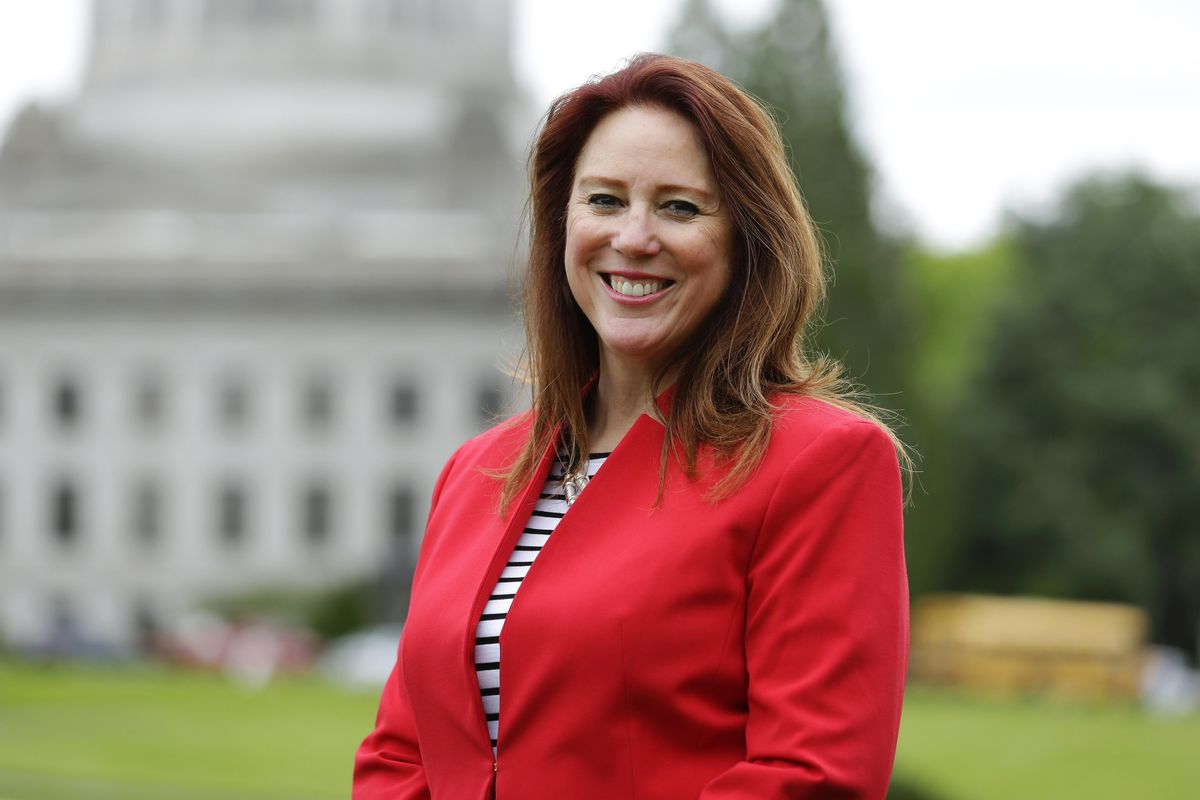Primary choice: Satisfy independent voters or national Democrats

OLYMPIA – As they consider changes to the state’s presidential primary system to make it more relevant, legislators may be able to satisfy Washington’s notoriously independent voters or the national Democratic Party. But not both.
They could back a proposal supported by Secretary of State Kim Wyman that would include separate lists of each party’s candidates plus an alphabetized list of all candidates of both parties. Picking from the Republican or Democratic list would require the voter to declare an affiliation with that party, but picking from the unaffiliated list wouldn’t.
That would probably keep independent voters from complaining about having to designate a party for that election.
Or they could go with a proposal from Sen. Sam Hunt, D-Olympia, that would give voters a list of Democratic candidates, a separate list of Republican candidates and the requirement that they declare an affiliation to the party of the candidate they choose. It wouldn’t have an option for unaffiliated voters.
That would satisfy the rules of the Democratic National Committee, and allow the state Democratic Party to use the primary results to award delegates to the national convention where the president is nominated.
Including an unaffiliated option is against national party rules, David McDonald, the party’s national committeeman from Washington, told the committee. The state party wouldn’t be able to use the results of an unapproved primary to award delegates, and candidates who are listed can be barred from campaigning in a state with that option.
“Presidential candidates didn’t campaign in Florida (in 2016) because of violations of party rules,” McDonald said.
The state should add an “uncommitted” option for voters who want delegates to go to the national convention not pledged to any candidate, McDonald said. That would be another reason not to have an unaffiliated option, because voters could be confused between “unaffiliated” and “uncommitted.”
The two proposals have similar features. Both would automatically move the presidential primary up from late May, when the presidential nominating processes are usually already decided, to early March, to be in a regional primary with Oregon and Idaho. Now the primary date can only be moved from late May if a bipartisan panel agrees.
Both get the names of the candidates from state party leaders about two months before the election.
Washington added a presidential primary through an initiative the Legislature approved in 1988, but state law can’t require the political parties to accept the results. Over the years, it has tried at various times to keep voters happy by offering unaffiliated options or satisfy the parties by requiring some sort of acknowledgment of party membership.
“It’s never worked,” Bill Harrington, who worked on Initiative 99, which created the primary, told the committee.
Washington Democrats have always refused to use the results because of conflicts with national party rules and continued to apportion delegates through the caucus system, which involves far fewer participants. State Republicans have used the results some years, sometimes awarding part of the delegates by primary results and part by caucus results.
In 2004, the state canceled the presidential primary because George W. Bush was running unopposed for re-election and the Democrats weren’t going to use the results anyway. In 2012, the presidential primary was canceled to save money while the state was still recovering from the recession.